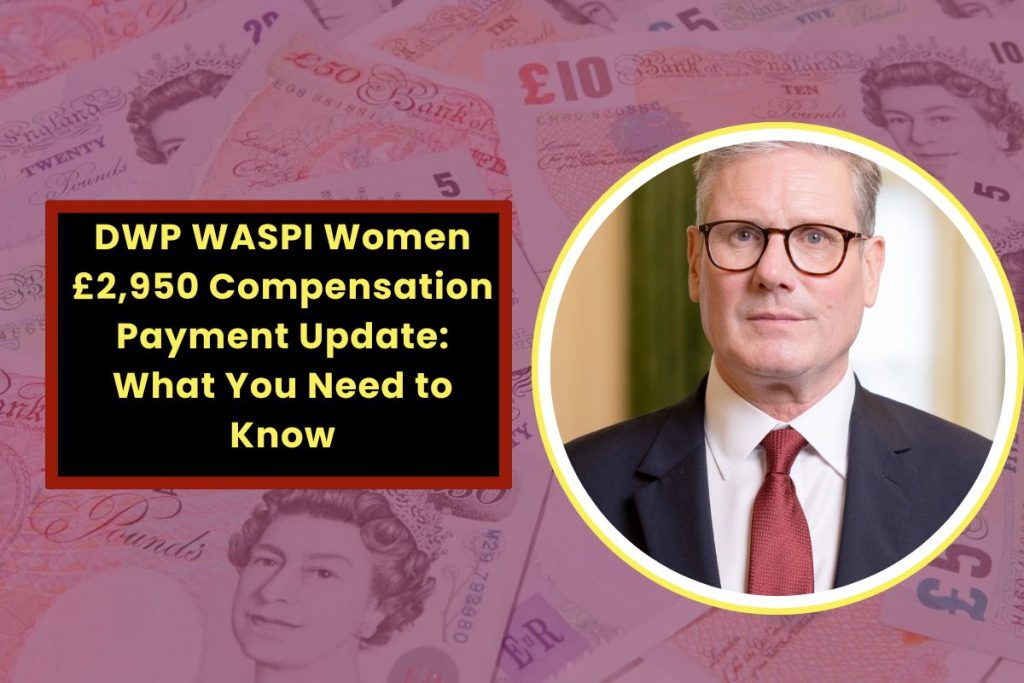For years, women born in the 1950s have been quietly fighting a battle few saw coming. It wasn’t about demanding more than they deserved; it was about being blindsided. The government changed the state pension age with the principle of equality considered, but the way it was done wasn’t. From 2010 to 2018, the pension age for women in the UK rose to 66 years, which used to be 60 previously. It was a step taken to equalize the retirement age and pension criteria, but it didn’t go down well with the women.
Later it was increased to 67 years, and it was the tipping point when agitation against the step started. There were several petitions coming out to eliminate the decision that affected women’s pension. Major reason given by the activists was that women have to bear the stigma of maternity leave and childcare which restricts their chances of employment compared to men. Fair pay in the jobs is still not achieved and women are paid less compared to what men get. If there was relaxation provided earlier to them which appeared to be giving some relief at least at the age of retirement, is also taken away.
Many women were simply not told in time about the novel decision. It was devastating for the ones who were on the verge of turning 60 because they suddenly came to know about the hike in the state pension. Women need to make double efforts in professional and personal life where they raise kids and families. If some sight of relaxation appears, then it is in the retirement age, which is now even raised.
DWP WASPI Women £2,950 Compensation : Overview
| Country | United Kingdom |
| Subject | DWP (Department of work and pension) and WASPI (women against state pension inequality) |
| Impacted | Women |
| Age of pension | 67 years |
| Demanded criteria | 60 years (previous) |
| Domain | Social Security/Finance |

How It All Unfolded when issues started arising against DWP
It all started in the 1990s when formal communication was made from the Department of Work and Pension, which is stated to be very ineffective because letters sent were too late or never received by the stakeholders. It all broke out when the official announcement was made. Then women’s groups probed into the matter and stood against the decision.
An independent Parliamentary and Health Service Ombudsman was constituted to look into the matter. In 2024, when an enquiry was made by the ombudsman, it was found that the fault was from the government side, which failed to make communicate to the impacted individuals. This resulted in the recommendation for compensation between £1,000 and £2,950 per person. A small sum in the grand scheme of things, but symbolic of the state acknowledging it got it wrong.
Government Pushback on WASPI
You might think that would have closed the chapter, but instead of accepting the findings, the government rejected the Ombudsman’s recommendation. Their argument was that paying out would be unfair to taxpayers and that the majority of women should have been aware of the changes.
Such arrogance and negligence by the regime sparked outrage among the affected ones who have been fighting against it for years now. To the women who were filing petitions against it, it came out as no surprise because after years of procrastination, they felt their life and their struggles is neglected, which is a general thing for women in cultures across the globe. During the electoral process, when women saw a chance to persuade on their demands, it also failed afterward, but the fight continued against the system.
Legal Action and a Glimmer of Progress in the case
In response, the WASPI campaign escalated things legally. They launched a judicial review, challenging the government’s refusal to act. What’s notable here is that this isn’t just political theatre it’s a serious legal challenge, backed by crowd funded support and a community that refuses to be ignored.
A significant moment came in August 2025 when the High Court granted a costs-capping order which fuelled backlash over WASPI protection from potentially crippling legal fees. It was necessary for them to keep the fight that may stay prolonged and it requires monetary security. Judiciary deemed the issue serious and which can’t be neglected which again sparked hope in the on-going tussle.
Why It Still Matters and hope for WASPI against DWP
This isn’t just a policy issue, but rather it’s a matter of principle. These women aren’t asking for special treatment; they’re asking for recognition that they were let down by the very system they contributed to all their lives.
For many, the impact of the pension changes has already been deeply felt. Some lost homes. Others relied on food banks or continued working despite health problems. Some have passed away without ever seeing justice.
The government’s next steps remain uncertain. They could continue to fight the legal challenge, or they could acknowledge the wrong and do the right thing.
Conclusion
Compensation for WASPI women isn’t about handing out money lightly. It’s about fairness. It’s about saying: “Yes, this was mishandled. And yes, we’re willing to put it right.”
Whether the legal process forces that hand or public pressure becomes too great to ignore, one thing is clear that the women affected will not be giving up and neither should we.
FAQs
1. What is the issue with DWP that impacted women?
Pension age for women has been hiked from 60 years to 66 years, and later it was further increased to 67 years in an effort to equalize it with that of men. It has ignited women against the authority, and a tussle has been going on for years now on the judicial and political stages.
2. What is the authority concerning the change in the age of women’s pension?
Department of Work and pensions is the body which is related to oversee the issue that has been summoned by the independent ombudsman created by the parliament to look into the matter.
3. What can be expected ahead in the case?
It seems that there might not be any judicial relief in the mater as this is concerning to the policy framework, which is a power of the parliament. Only a political solution appears feasible in the matter, which can be attained by exerting pressure on the legislature, though the court has been hearing the case regularly.
| NLR News | Click Here |

Hello! I’m Kaylani , a professional content writer with a knack for breathing life into words. I have been providing high-quality, research-driven content in Sectors like Technology & Personal Finance . With a background in Finance Tech Management , I specialize in turning complex information into engaging content that resonates with a wide.
